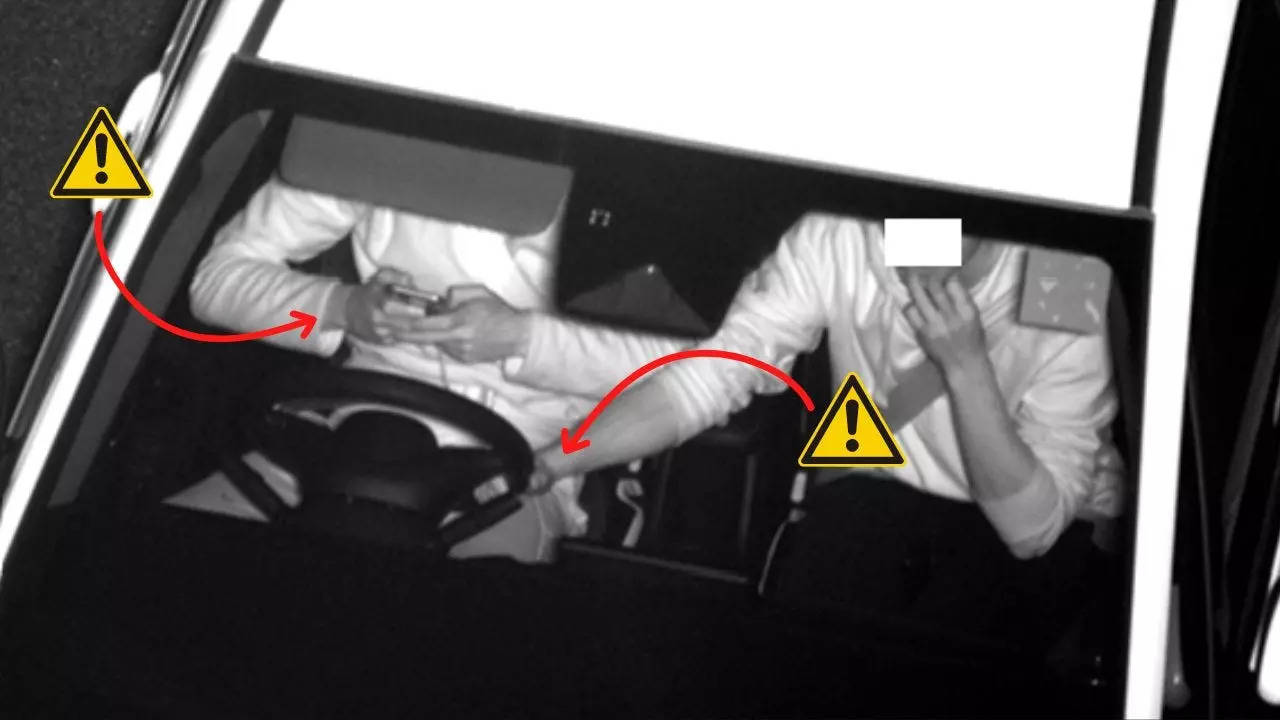Police in England installed an AI camera system along a major road. It caught almost 300 drivers in its first 3 days.::An AI camera system installed along a major road in England caught 300 offenses in its first 3 days.There were 180 seat belt offenses and 117 mobile phone



The system we use in NL is called “monocam”. A few years ago it caught 95% of all offenders.
This means that AI had at most 5% false negatives.
I wonder if they have improved the system in the mean time.
https://nos.nl/artikel/2481555-nieuwe-slimme-camera-s-aangeschaft-om-appende-bestuurders-te-betrappen
Nobody cares about false negatives. As long as the number isn’t something so massive that the system is completely useless false negatives in an automatic system are not a problem.
What are the false positives? Every single false positive is a gross injustice. If you can’t come up with a number for that, then you haven’t even evaluated your system.
The system works with AI signaling phone usage by driving.
Then a human will verify the photo.
AI is used to respect people’s privacy.
The combination of the AI detection+human review leads to a 5% false negative rate, and most probably 0% false positive.
This means that the AI missed at most 5% positives, but probably less because of the human reviewer not being 100% sure there was an offense.
Look, I’m not saying it’s a bad system. Maybe it’s great. “Most probably 0%” is meaningless though. If all you’ve got is gut feelings about it, then you don’t know anything about it. Humans make mistakes in the best of circumstances, and they get way, way worse when you’re telling them that they’re evaluating something that’s already pretty reliable. You need to know it’s not giving false positive, not have a warm fuzzy feeling about it.
Again, I don’t know if someone else has already done that. Maybe they have. I don’t live in the Netherlands. I don’t trust it until I see the numbers that matter though, and the more numbers that don’t matter I see without the ones that do, the less I trust it.
The fine contains a letter, a picture and payment information. If the person really wasn’t using their phone, they can file a complaint and the fine will be dismissed. Seems pretty simple to me.
However, I have not heard any complaints about it in the news and an embarrassing amount of fines has been given for this offense.
For a post on a site like this that kind of anecdote is plenty to add to a conversation, and it does actually make me feel a tiny bit better about the whole thing, but when you lead with statistics you’re implying a level of research and knowledge that goes beyond just anecdotal. It’s not really fair to you or any of us, but using the numbers that sound good to avoid using the ones that reveal flaws is one of the most popular ways for marketing teams and governments to deceive people. You should always be skeptical of that kind of thing.
Heh. Heh heh. You think that you can… file a complaint, and get a fine dismissed just like that. Heh heh heh. God, you’re naive. Or stupid. Or a paid propagandist. Or just plain rich enough for your reaction to a fine to be ‘meh’.
Criminality is predicated on convenience. If it’s easy for an authority to throw out fines and hard for the populace to dismiss those fines, guess what’s going to happen? There’s going to be fines applied that shouldn’t have been, but that the people who are getting fined literally can’t put in the effort to get dismissed. And that’s not justice in the slightest. ‘Innocent until proven guilty’, you troll. Heard that phrase before??
Just wow.
I bet you do not live in The Netherlands. We have a standardized process to complain against a fine.
If the picture doesn’t prove with certainty that you were holding a phone, complain to the address in the letter or just don’t pay the €359 fine and talk to a judge about it.